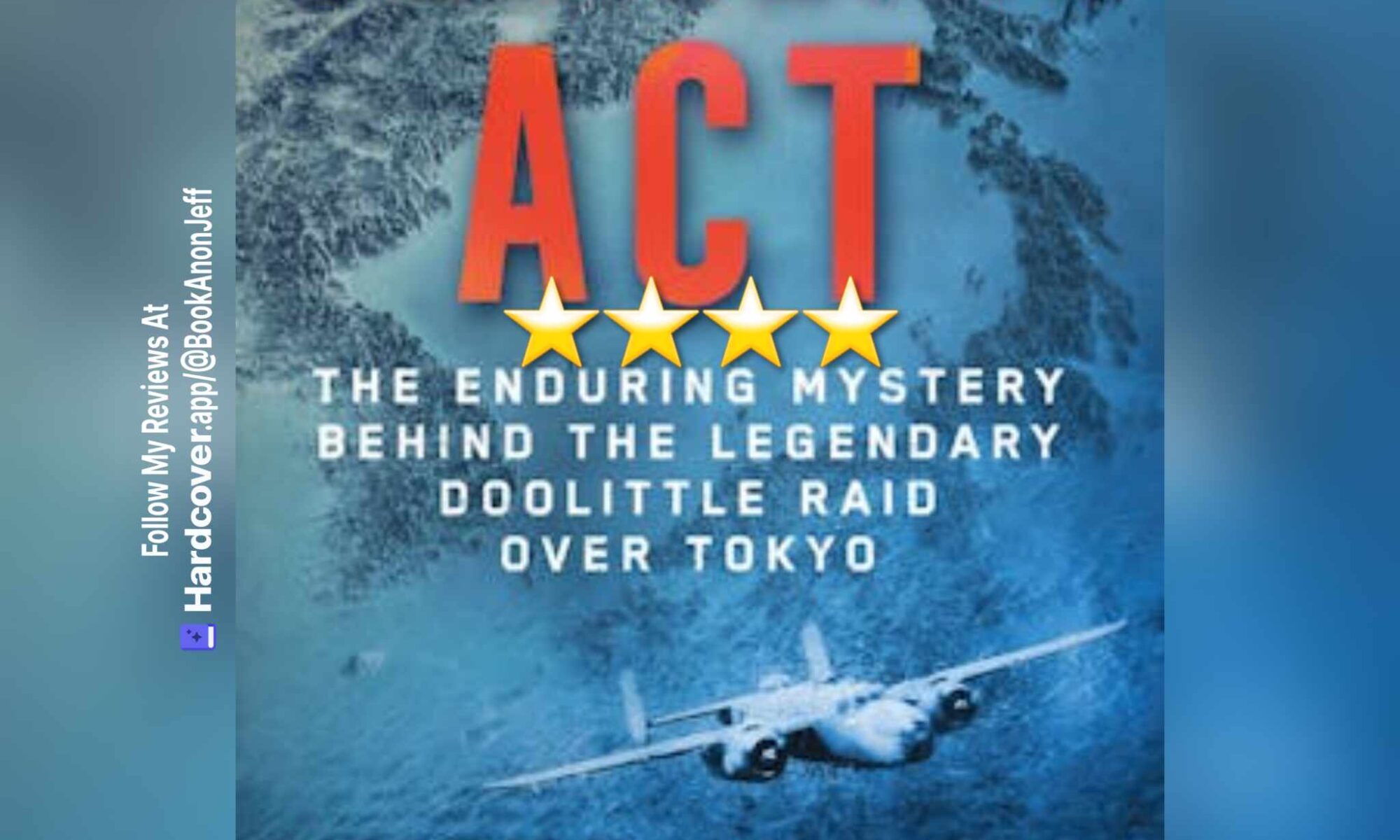How Jimmy Doolittle’s Raid Connected Directly To The Atomic Bomb. On the weekend of the anniversary of the Doolittle Raid (as it has come to be known) and with conversations sparking again about whether the dropping of the bomb was necessary or not, I had an opportunity to read this book – which admittedly won’t release until the day after Memorial Day here in the US. (For everyone else, this book’s release date is the last Tuesday of May 2024.)
Here, Hampton adds a wrinkle to the discussion of the bomb by revealing what had previously been hidden about the Doolittle Raid – a *second* mission, known only to the pilot of the plane and to Doolittle’s own boss, to gauge just how ready the Soviet Union was to actually engage in warfare against Japan. Here, Hampton argues that the plane that for 80 years had been believed to have gotten lost… knew *exactly* where it was going and largely *exactly* what it was doing. Or, at least the one driving it did – and he relayed those instructions to those whose help he absolutely needed, his copilot and his navigator, and *no one* else. As in, the bomber’s bomber and gunners didn’t know of this secret mission. According to Hampton here, at least.
That the crew of “Plane 8” landed in the Soviet Union and was there imprisoned for a time before being repatriated back to the US has been known effectively since the events happened over 80 years ago – at least by then current communication standards, particularly during a time of global war.
But just what they were *actually* doing is new here – and because of what they found on that mission, we now have better information about what the various Generals and civilian leadership knew or thought they knew in the closing months of the war, as J. Robert Oppenheimer and his teams on the Manhattan Project were finalizing their new weapon. We now know what Roosevelt, MacArthur, Stinson, and Arnold knew about Soviet capabilities in the Far East… because this secret secondary mission got them the data they needed, three years prior. We now know that even if they had heard – as at least some claim – as early as February 1945 that Japan may possibly consider surrendering so long as the Emperor was kept in control of at least the Shinto religion (as, ultimately, is exactly what happened on Sept 2, 1945 on the USS Missouri), that even if they had heard this that the Soviet Union was not yet able to put the kind of resources into the region that may have made even Japan’s own war hawks reconsider their actual options.
This is a harrowing tale, very well told – in some respects, it reads as easily as fiction, yet gives a complete picture of all that was happening in and around the Doolittle Raid, specifically as it relates to this second, secret, mission.
The one problem I have, at least with this early edition I read, was that the bibliography is lacking, clocking in at just 10% of the available text. Even with original research as the basis of the claims of this book – and that is indeed the case here – one would still expect that number to be perhaps at least 50% higher to meet the bare minimums of being described as adequately documented given the explosive nature of the claims contained herein.
Overall a truly well written and apparently well researched tale that just needed a touch more documentation. Very much recommended.
This review of Vanishing Act by Dan Hampton was originally written on April 22, 2024.

